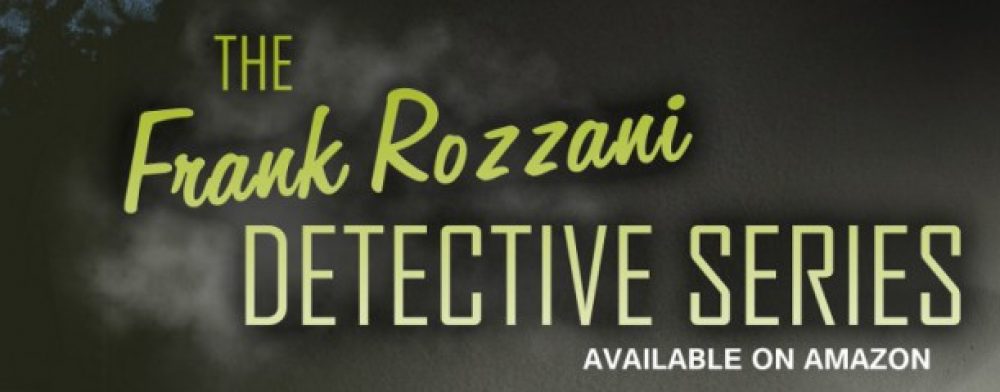Amazon Has Filed Suit To Stop The Six-Figure ‘Book Stuffing’ Kindle Scam

Some self-publishers slip entire books into the back of their latest ebook, taking a larger chunk of that month’s royalty fund as a result — as much as $100,000 per month.
Last Tuesday, an Amazon subsidiary filed suit in federal court seeking to confirm an arbitration award against British book publisher Jake Dryan and his companies, relating to claims that the publisher’s companies abused Kindle Direct Publishing (KDP), the Amazon self-publishing program. According to Amazon Digital Services LLC’s petition, Law360 reports, the self-publisher breached Amazon’s terms by using bots or “clickfarms” to inflate page views and manipulate their ranking. However, the petition also identified another practice in violation of Kindle’s terms: The act of “combining selections of works they had already published into purportedly new books.” It’s a much-hated move called “book stuffing” by the self-publishing community, and this suit is the first indication of a legal precedent against it.
Why is book stuffing so offensive that Amazon filed and won an arbitration case that included it? It comes down to the way the Kindle program pays authors: Through a global royalty fund that is split between all of the self-publishing authors included in the Kindle subscription services. The fund is doled out per number of pages read. Book stuffers slip entire books into the back of their latest ebook, getting significantly more pages in front of their reader’s eyeballs and taking a larger chunk of that month’s royalty fund as a result — earning as much as $100,000 per month.
Read the rest of this story HERE.
The Billion-Dollar Romance Fiction Industry Has A Diversity Problem

 Books stacked in a library. The Romance Writers Association issued a statement earlier this week criticizing their own history of excluding black authors from RITA prizes.
Books stacked in a library. The Romance Writers Association issued a statement earlier this week criticizing their own history of excluding black authors from RITA prizes.
The romance genre is a juggernaut that continues unabated.
It’s a billion dollar industry that outperforms all other book genres, and it’s remarkably innovative, with a strong tradition of independent and self-publishing.
It’s also an industry that’s been grappling with a diversity problem. The RITA Award, the top honor for romance writers awarded by the Romance Writers of America, was awarded this week, and the organization acknowledged that in its 36-year history, no black author has ever won the prize. According to the RWA’s own research, black authors have written less than half of 1 percent of the total number of books considered as prize finalists.
Read the rest of this story HERE.
The death of the Great American Novel
 Photo by Casey Gomez
Photo by Casey Gomez“I want to be the first woman on the moon!” one girl exclaimed. This was a fine enough start; Jane Fonda’s 1968 disasterpiece “Barbarella” notwithstanding, having more women in space is something anyone can get behind.
“I want to run for office!” another boy said, sporting the same awful bowlcut that plagued my elementary school yearbook photos. This one was a little more dicey given his hair, but if a Holocaust denier can run for a House seat, so can little Lloyd Christmas.
“I want to write the next Great American Novel!” a third child screamed loudly.
Read the rest of this story HERE.
How Trump Is Shaking Up the Book Industry
America’s literary bubble is rethinking its identity.

That last one does t surprise me as much as I thought it would. Hoping Amazon doesn’t fix the first problem in a way that kills off book bundles too. I mean, a human paid to check submissions with a high page count could catch the issue, but it’s never a human given these tasks.
LikeLiked by 1 person
Very true
LikeLike
Reblogged this on Anna Dobritt — Author.
LikeLiked by 1 person
Thanks for sharing this, Anna
LikeLike
Reblogged this on Chris The Story Reading Ape's Blog and commented:
Get the links to all SIX articles on Don’s original blog post 😃
LikeLiked by 1 person
Thanks Chris.
LikeLiked by 1 person
Welcome, Don 😃
LikeLiked by 1 person
The final sentence of the Trump article, ‘ “Like actors who feel that they have a responsibility because they are public figures,” he said, “it is time to see more writers commenting on current events through fiction,” ‘ I would amend to read “commenting on history and current events.” Without history, current events lose context, and after all, everything in “history” at one time constituted “current events.”
No author can be completely objective (such writing would be mealymouthed and boring), but what we don’t need is a passel of novels in which the characters are pumped up with political opinions that have nothing to do with character development or the story arc, just to make the work currently “relevant.” Such writing would be the equivalent of name-dropping, and there’s no place for that.
What we do need are storytellers who can write fiction that resonates with the human condition: stories that are worth reading, no matter when or where they take place.
LikeLiked by 1 person
Very true. Some of the best novels do this without hitting the reader over the head making them timeless. To Kill a Mockingbird is one of my favorites in this category.
LikeLiked by 1 person
Reblogged this on Viv Drewa – The Owl Lady.
LikeLiked by 1 person
Thanks for sharing this.
LikeLike
Pingback: Author Inspiration and This Week’s Writing Links | Staci Troilo
Thanks for sharing this, Staci
LikeLike
Reblogged this on Writer's Treasure Chest and commented:
Read the latest Indie Publishing news on Don Massenzio’s blog! Thanks for all the information Don!
LikeLiked by 1 person
Tha is for sharing this.
LikeLiked by 1 person
You’re very welcome and it’s my pleasure.
LikeLiked by 1 person